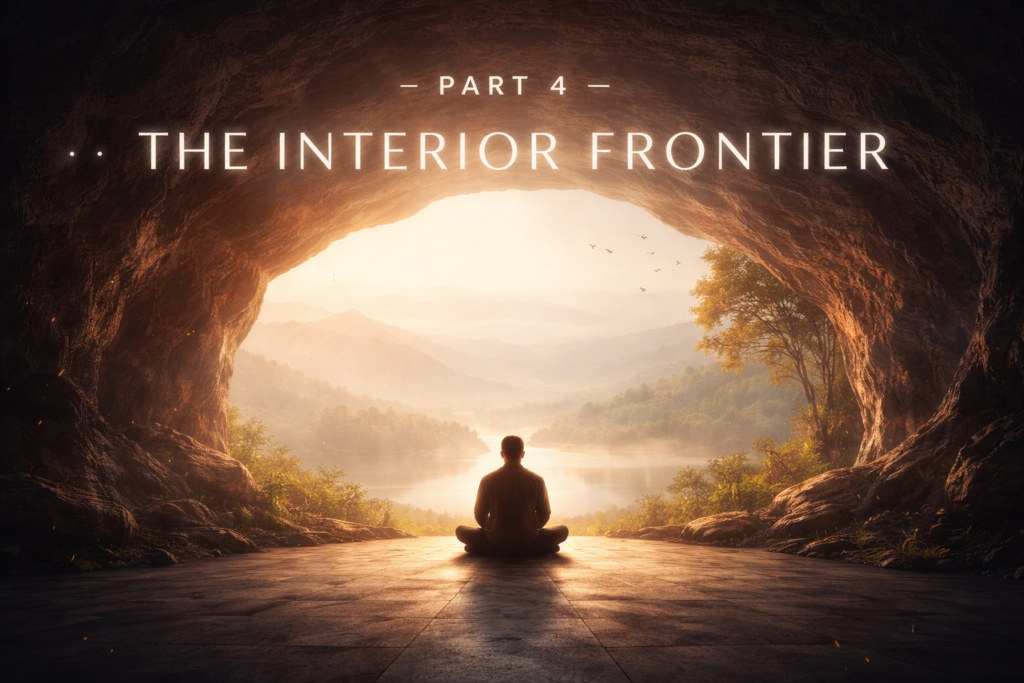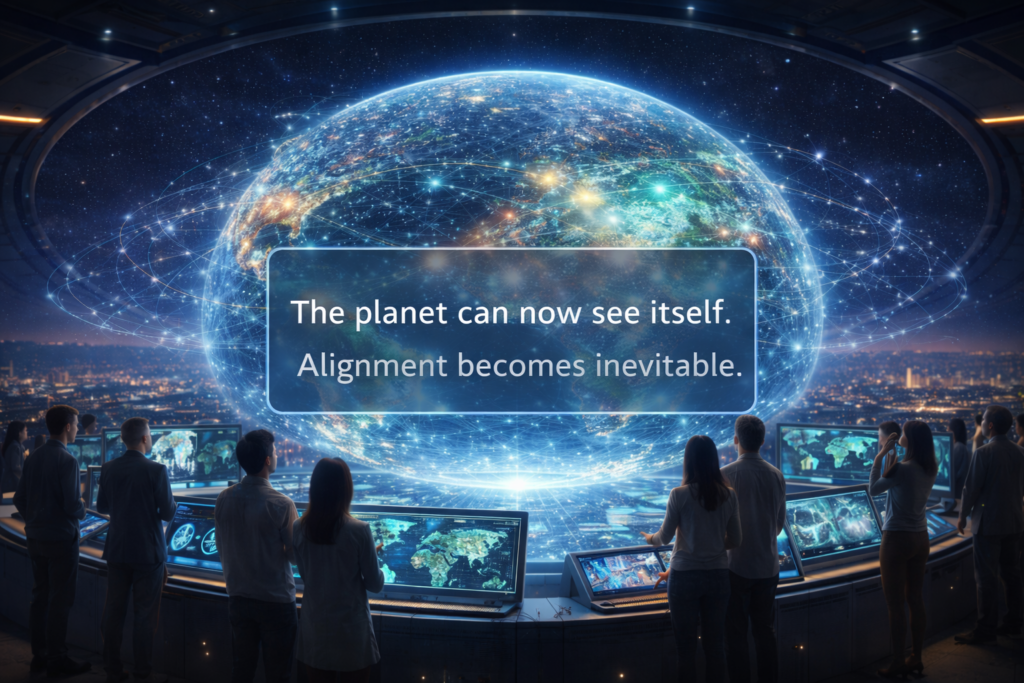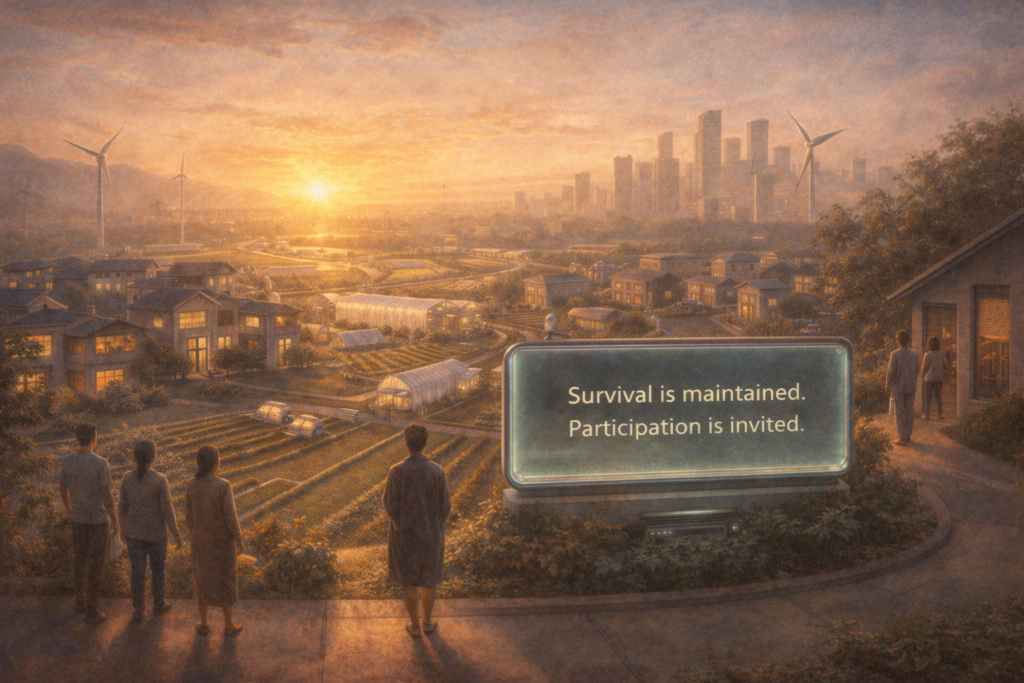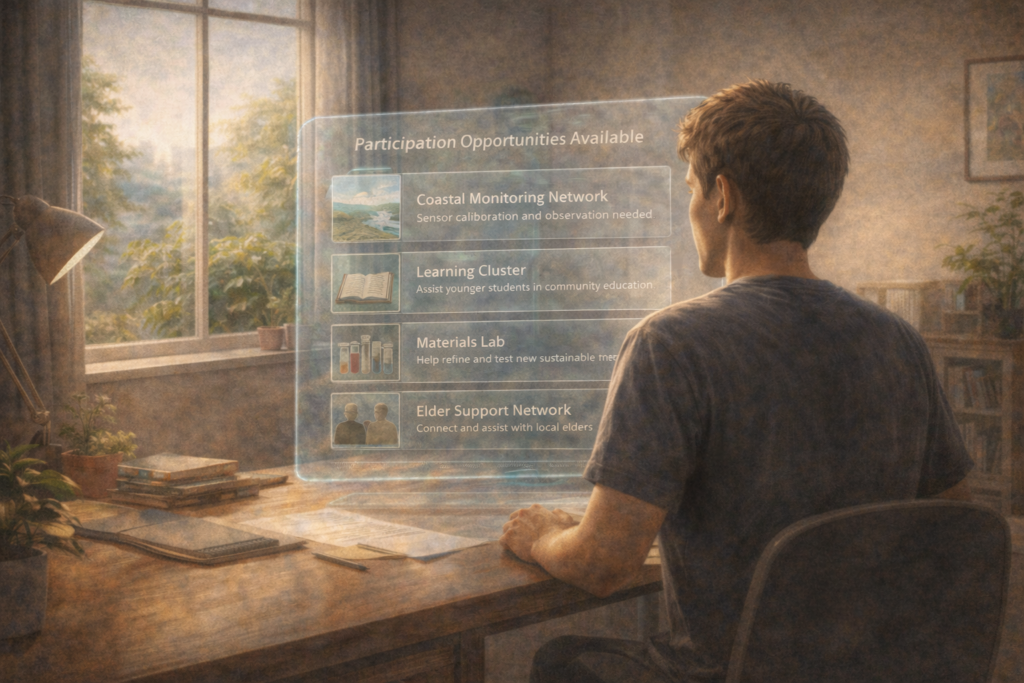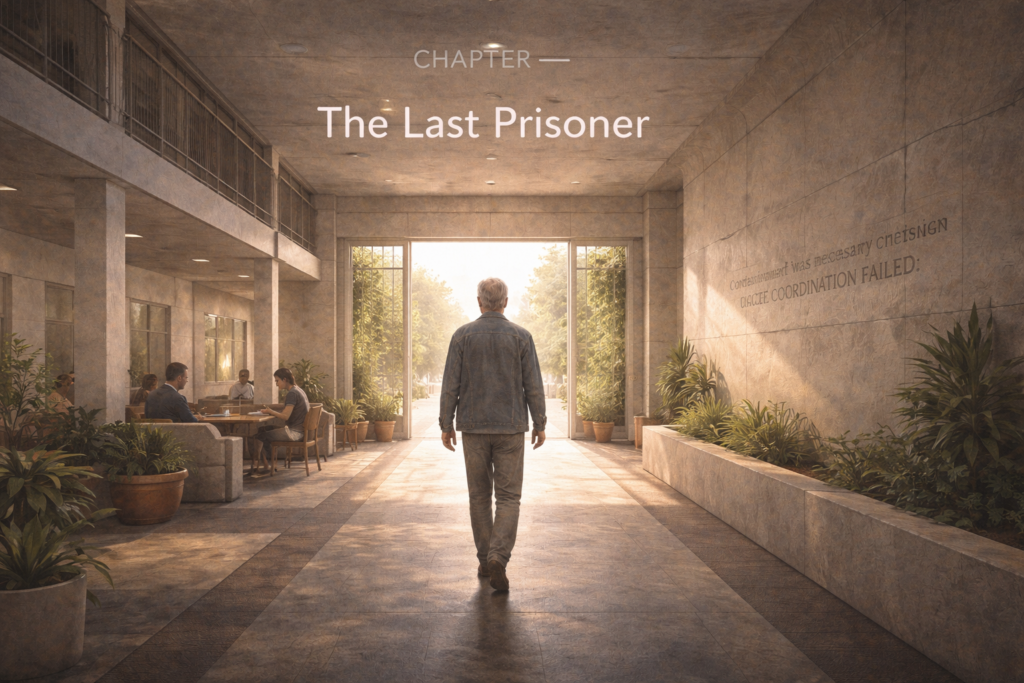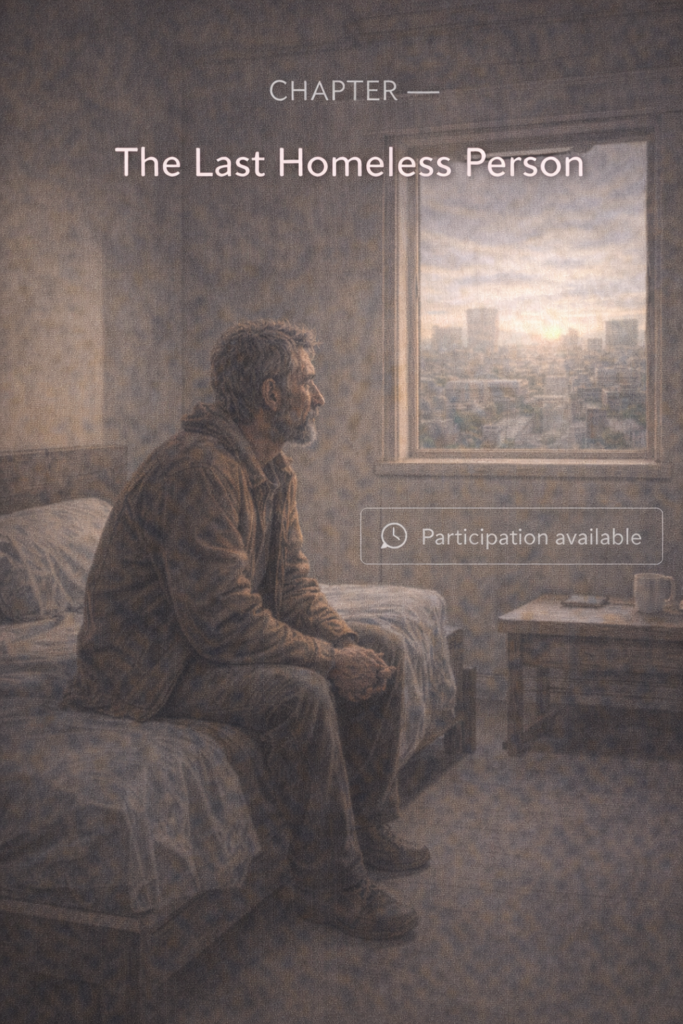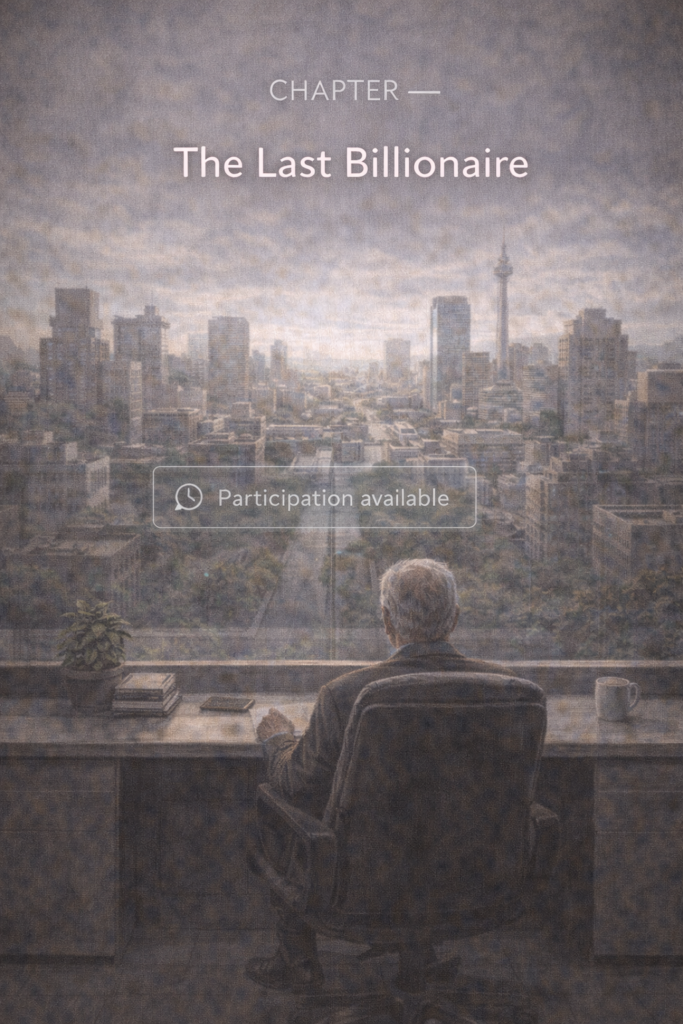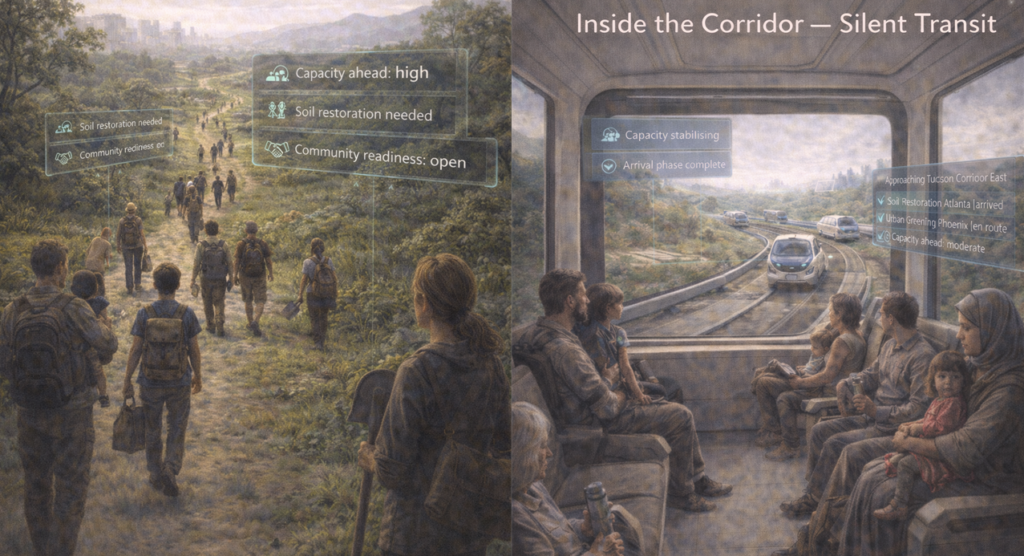THE INTERIOR FRONTIER
Introduction — When Nothing Is Broken For centuries, humanity believed its primary struggle was external. Against hunger. Against poverty. Against borders. Against inequality. Against political distortion. Against economic exclusion. Civilizations rose and fell attempting to repair what seemed broken outside the human being. And eventually, something extraordinary happened. Survival stabilized. Participation opened. Visibility became shared. […]
THE INTERIOR FRONTIER Read More »
Relationship